Are products sold in Switzerland of better quality than in the EU?
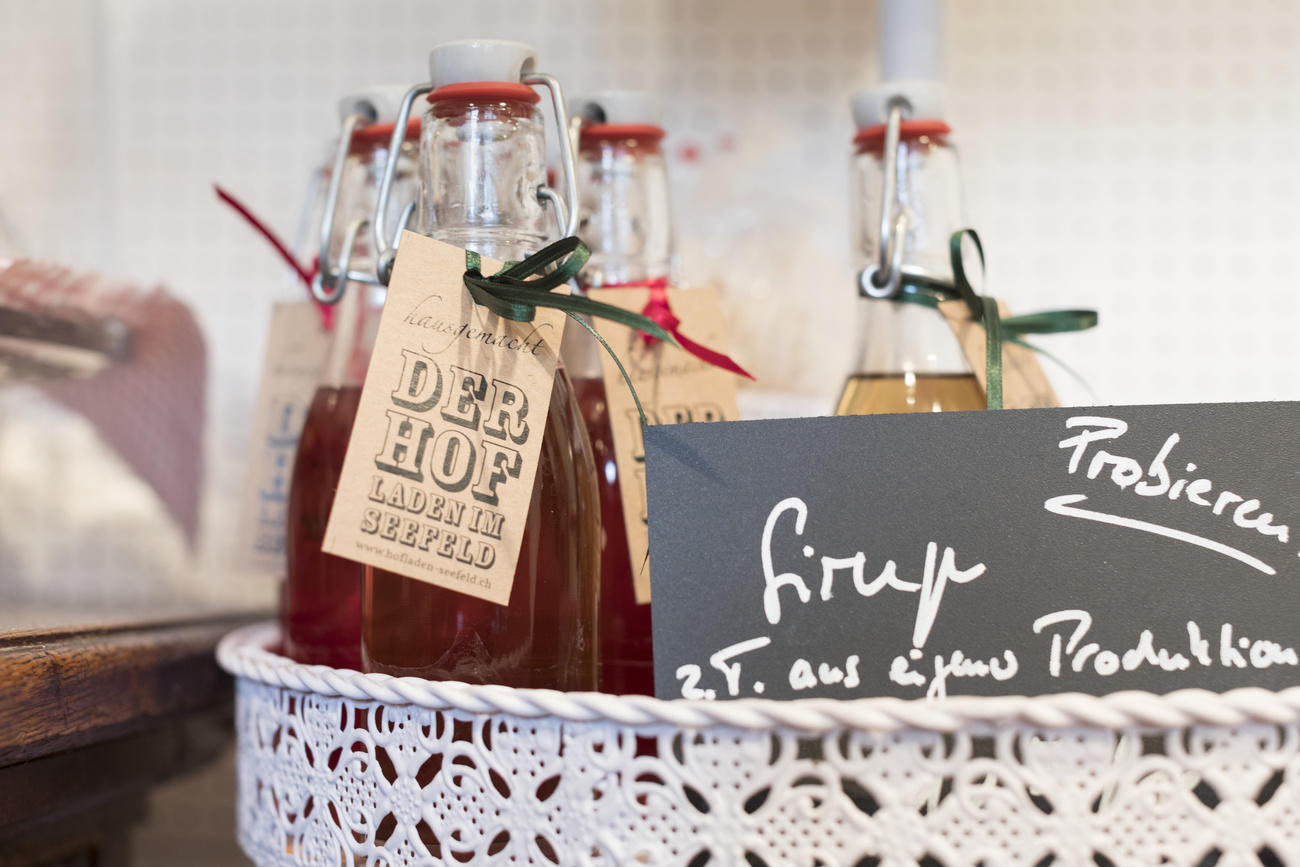
A reader question puts to the test the widespread cliché that everything in Switzerland is a little bit better than elsewhere. Is this true for products sold here, regardless of their provenance?
The Swiss are known for caring about quality. June, a swissinfo.ch reader, asks whether products sold in the Alpine nation are subject to stricter quality standards than those sold in the European Union.
The answer is: it depends. First, we need to consider what is meant by “quality standards”. These can relate to product safety, transparency, ingredient specifications, animal protection and much more.
Whether stricter standards apply to products on the Swiss market is a question the Federal Office for Consumer Affairs says it cannot answer in general terms. Depending on the product and certain factors, stringent or less stringent regulations may apply. Let’s consider some of these factors.
EU products can be sold in Switzerland
According to the Federal Food Safety and Veterinary Office, quality requirements are not harmonised in Europe.
“Each country can set its own criteria, for example, on the amount of fruit juice that a fruit syrup must contain,” a spokesperson told swissinfo.ch.
The so-called Cassis de Dijon principleExternal link stipulates that any product approved for sale in the EU may be sold on the Swiss market. In this respect, it is not possible for products being sold in Switzerland to be generally subject to more stringent quality requirements, as many EU-approved products can circulate freely on the Swiss market without additional technical controls.
But there are exceptions to this principle, namely for foodstuffs and certain speciality products like chemicals, where Switzerland can prevent importation for reasons linked to consumers’ health and safety – though not for alleged “inferior” quality.
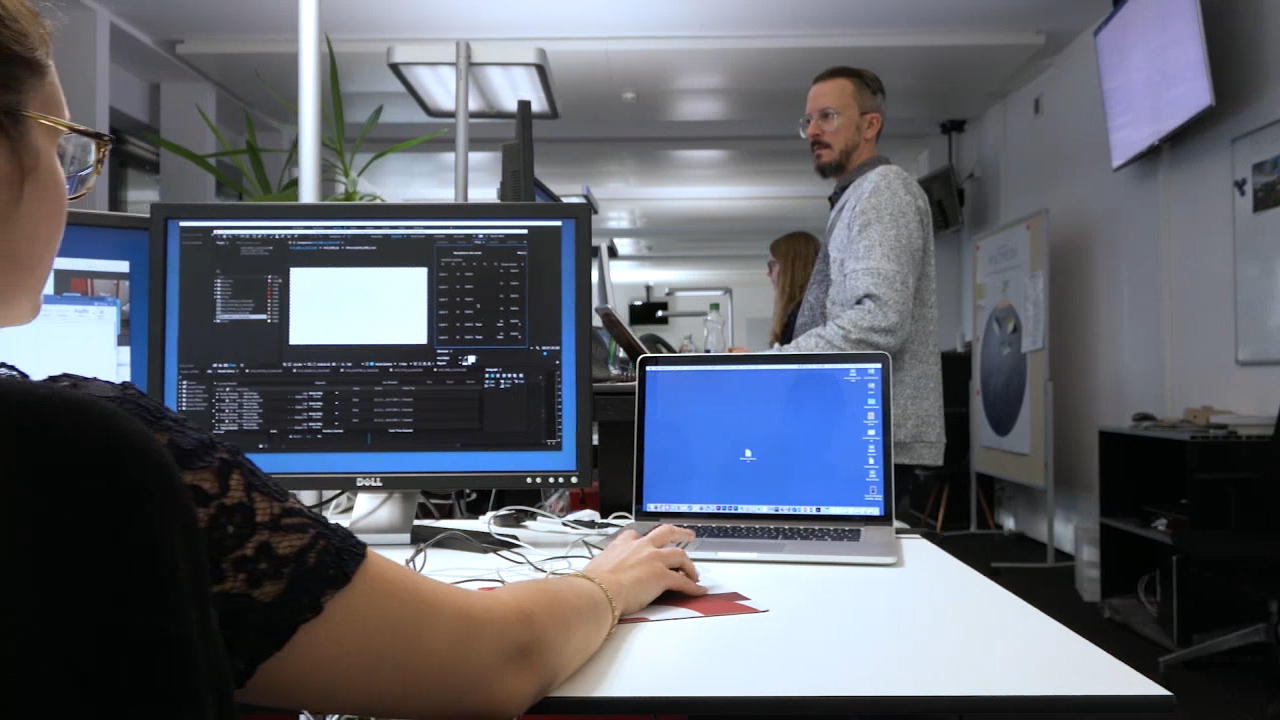
More
Fact checks by SWI swissinfo.ch: How we work
Swiss are the last to know about product recalls
Josianne Walpen of the Swiss Consumer Protection FoundationExternal link can cite instances where Switzerland actually lags behind the EU on quality. One is animal feed, which in Switzerland is not regulated, unlike in the EU.
“Several large-scale food scandals in recent decades stem from animal feed,” Walpen says, listing dioxin, bovine spongiform encephalopathy (BSE, or mad cow disease) and nitrofen scandals as examples.
There are also loopholes in product safety.
“A major disadvantage for consumers in Switzerland is that Switzerland is not linked to the central European databases that collect and quickly disseminate information on defects and product recalls for food, cosmetics and everyday items,” Walpen says, adding that such rapid warning systems are important instruments for ensuring consumer safety.
In this regard “Switzerland is only a guest [participant]”, she says. In other words, if a product turns out to be dangerous, the Swiss are the last to know about it.
Better animal protection
On the other hand, Walpen says, Switzerland does have somewhat stricter regulations when it comes to the origin of food product ingredients.
And, although improvements can still be made, Switzerland also does better than most EU countries on average when it comes to animal welfare, thanks to the detailed Animal Protection Act and a high density of animal-friendly labels and organic farms. For example, foie gras, battery farming of chickens, and cutting off frogs’ legs or shafts of mammals without anaesthesia are prohibited in Switzerland. That said, these products can be imported and sold in the country.
Verdict: Unproven
To answer the question of whether products sold in Switzerland are subject to stricter quality standards than those sold in the EU, each product would need to be assessed separately.
Even if production quality requirements were found to be more stringent in Switzerland, there still wouldn’t be any guarantee that all products sold in the country are of better quality, since imports play an important role.
This article is part of an ongoing series of fact checks driven by our readers, who have been writing in with suggestions of claims about Switzerland we should verify. You can catch up on previous fact checks from the series under Related Stories below.
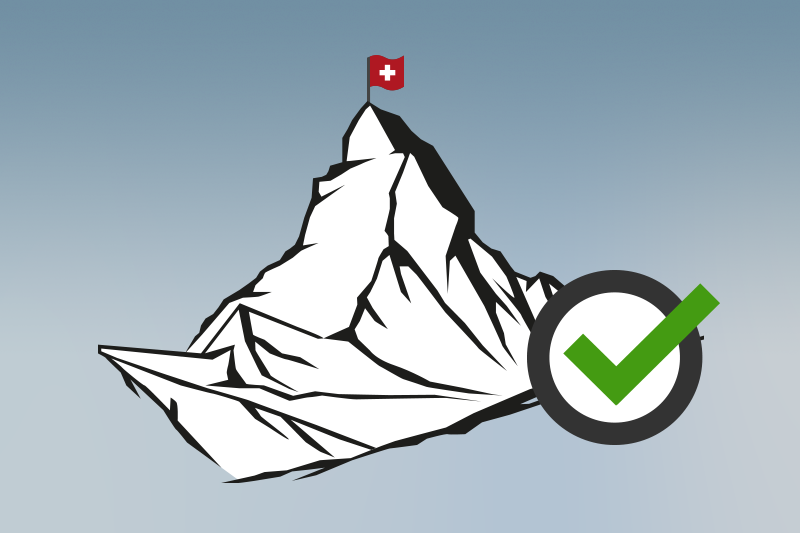
More
Heard something about Switzerland we should fact check?

In compliance with the JTI standards
More: SWI swissinfo.ch certified by the Journalism Trust Initiative


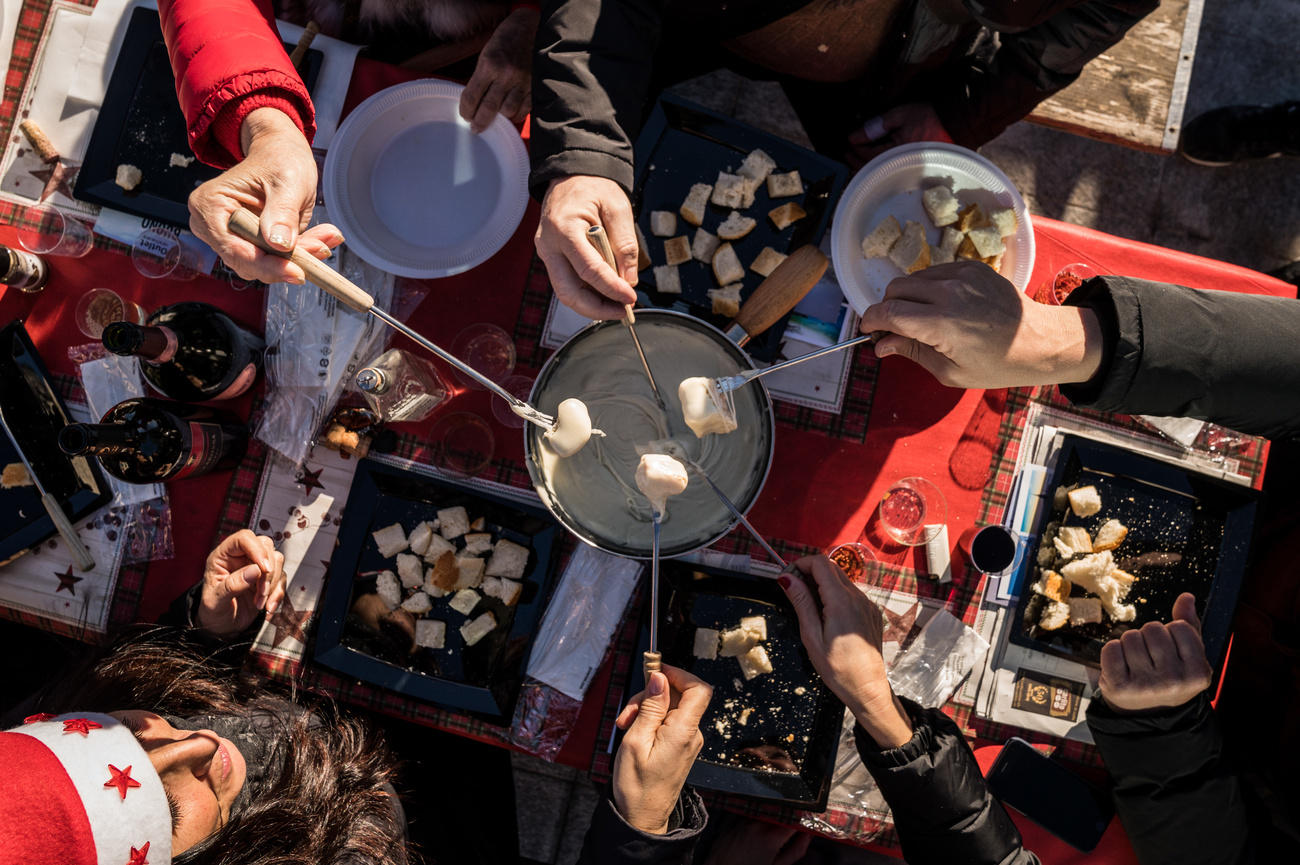
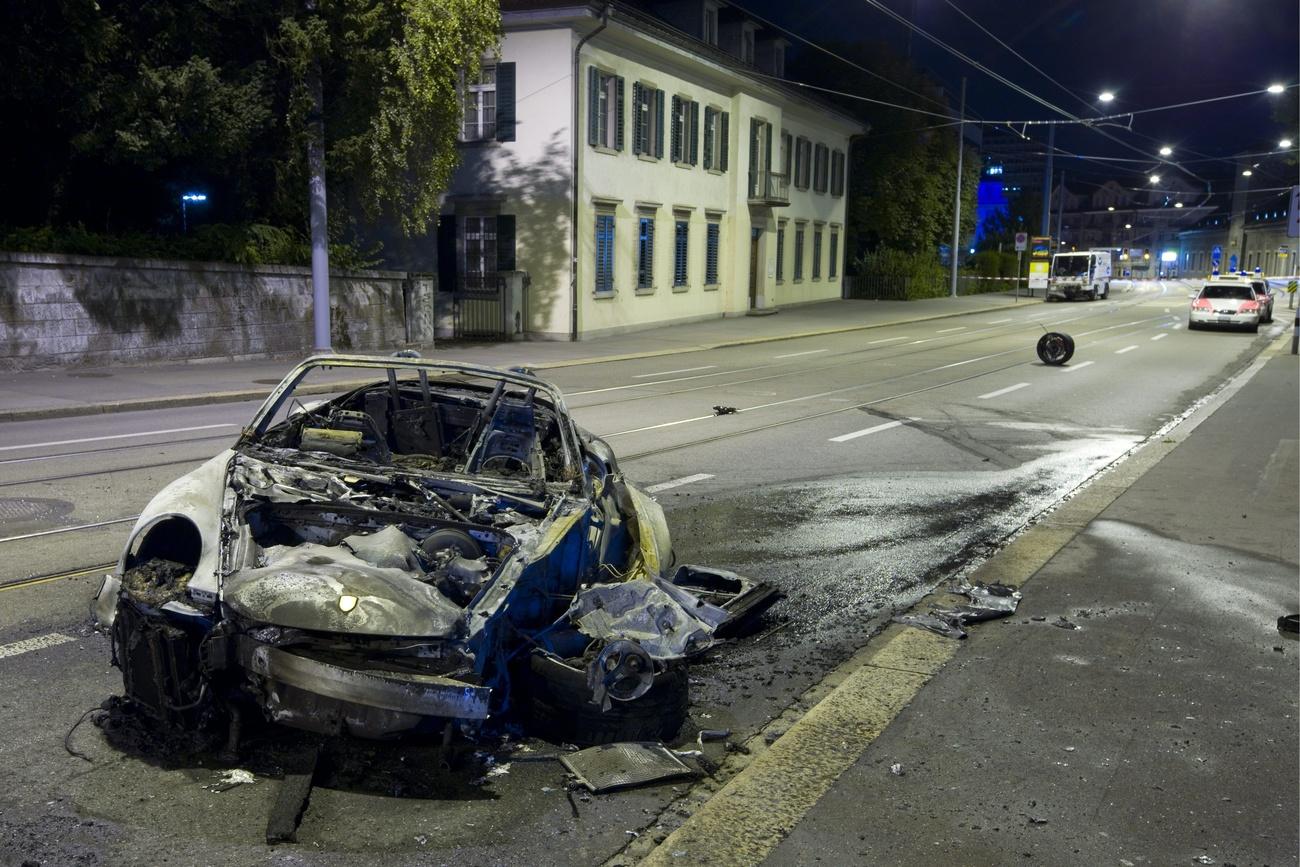

You can find an overview of ongoing debates with our journalists here. Please join us!
If you want to start a conversation about a topic raised in this article or want to report factual errors, email us at english@swissinfo.ch.